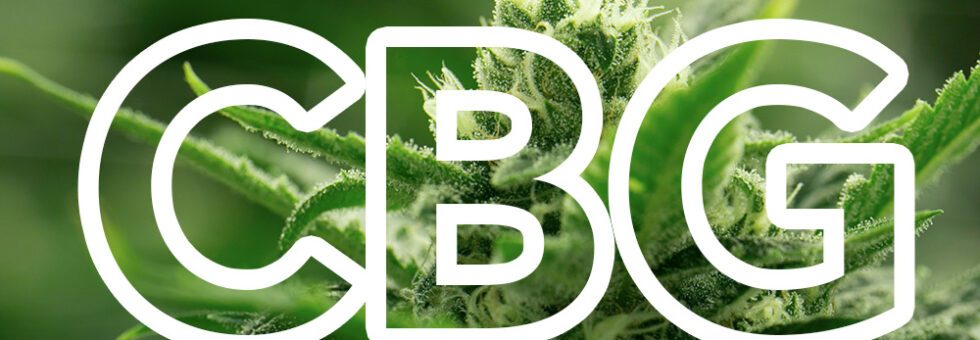CBG, or cannabigerol, is the mother of all cannabinoids. THC and CBD are born from CBG in its acidic form in cannabis plants. CBG is not intoxicating, but it does interact with the endocannabinoid system (ECS) in ways similar to THC. It increases the benefits of CBD and plays a role in the entourage effect of some cannabis strains.
CBG inhibits the same CB1 receptors as THC in the endocannabinoid system. It can be used like any other cannabis product such as through vaporization or ingestion.
How CBG affects the body
CBG is antibacterial, anti-fungal, and anti-inflammatory, making it great for pain and injuries. It has been speculated that CBG can be more effective for managing pain than even THC therapies. CBG is prevalent in strains found to be especially useful for treating glaucoma.
CBG also has anti-tumor and cancer-fighting properties. It is effective in treating bladder disorders and IBS. As a neuroprotectant, CBG aids in treating neurodegenerative disorders, ALS, Huntington’s, and Parkinson’s.
Applied topically, it can be used to relieve local pain or skin disorders. As CBG combats anxiety and depression, it can also be used to counteract some unwanted side effects of THC, similarly to how CBD tampers THC’s effects. CBG also helps with blood pressure regulation and appetite stimulation via its endocannabinoid functions.
More research and CBG production are underway.
Want to learn more about CBG? The Cleveland School of Cannabis offers numerous courses that cover the endocannabinoid system. You’ll learn about CBG, CBD, THC, and the rest of the important compounds that make up the fascinating plant we call cannabis. Check out the certificate programs we offer here.
Sources:
All About CBG, Reveal Cannabis, 2020: https://youtu.be/Bx724SLj0SY
The Difference Between CBD and CBG, Natural Earth Cures, 2019: https://youtu.be/WFCmHiA_GYs

